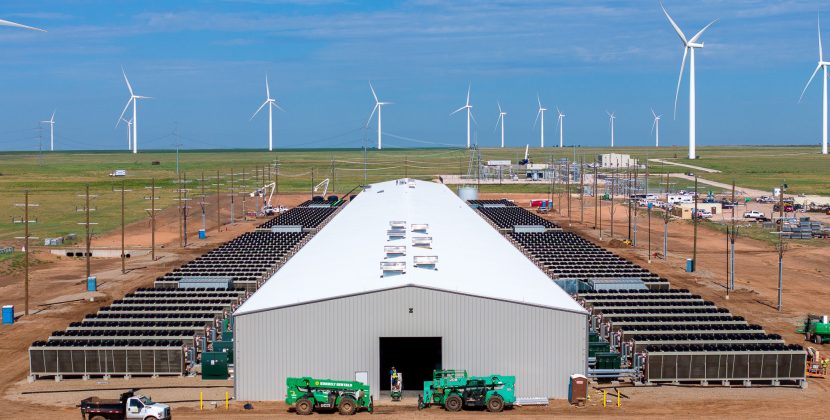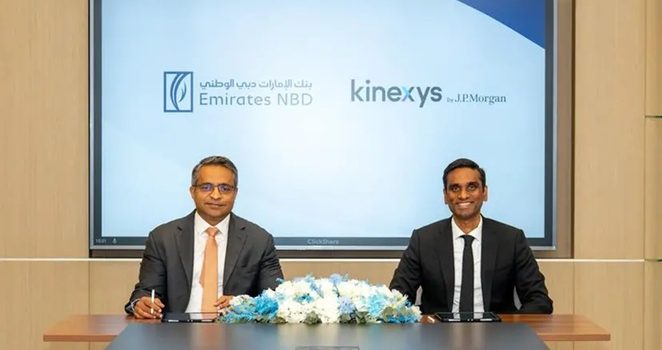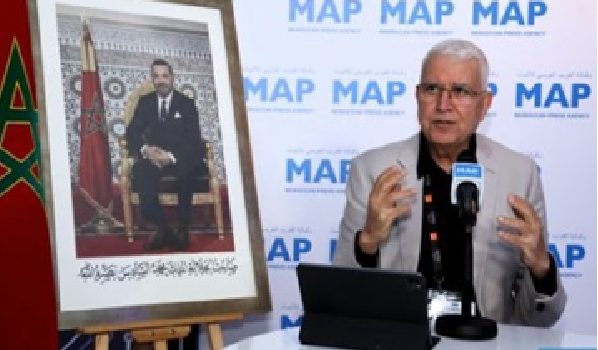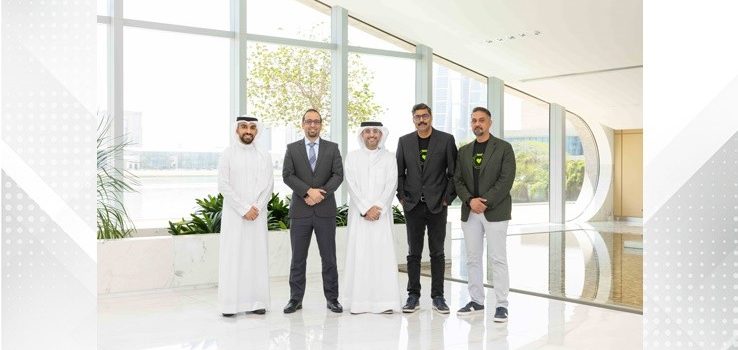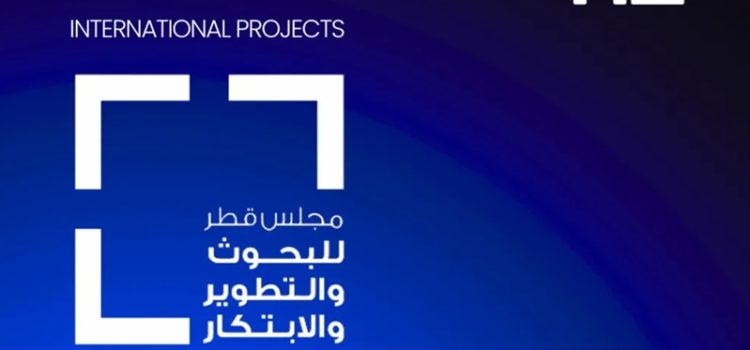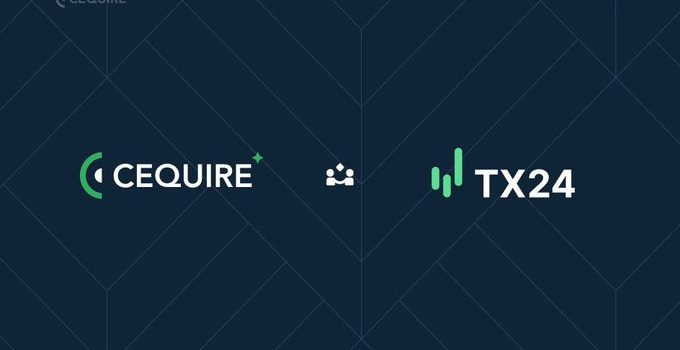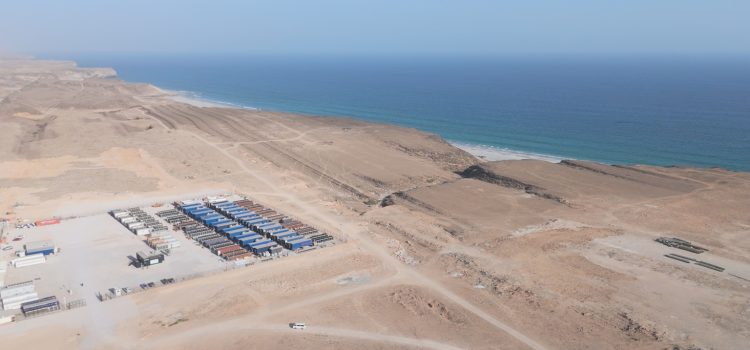
UAE and MENA based Emirates NBD uses Blockchain peer to peer data sharing network for global account validation with Kinexys Liink, by J.P. Morgan.
Through integrating with Kinexys Liink’s ‘Confirm’ Application, designed for the exchange of global account validation information, Emirates NBD aims to enhance cross-border payments security for participants on the Kinexys Liink network.
As per the press release, Emirates NBD aims to provide participating banks and financial institutions on the network with enhanced security and efficiency and offer benefits to further streamline cross-border payment flows in the UAE. Leveraging the ‘Confirm’ Application, Emirates NBD, will be able to validate account information for accounts based in the UAE for participants on the ‘Confirm’ Application.
Kinexys Liink is offered by Kinexys by J.P. Morgan, the firm’s blockchain business unit focused on groundbreaking innovation to build the next-generation of financial infrastructure utilising blockchain technology.
An Application on the Kinexys Liink network, ‘Confirm’ enables the global validation of bank account information in advance of payment being made. By providing validation services on the ‘Confirm’ Application Emirate NBD will help network participants ensure that payments are routed correctly, preventing costly delays and reducing the occurrence of payment returns due to incorrect or outdated details. This will also help to control operational costs, improve straight-through processing rates, and help reduce payment delays, which could otherwise take several days to resolve, ensuring payments will reach the intended recipients quickly and efficiently.
Anith Daniel, Group Head of Transaction Banking Services, Emirates NBD, commented, “We are pleased to integrate with ‘Confirm’ by Kinexys Liink, which positions us at the forefront of payment innovation. By leveraging a blockchain network infrastructure such as the one from Kinexys by J.P. Morgan, we are able to provide real value to banks on the network, ensuring advanced payment security and streamlined operations. As the Kinexys Liink network expands, we are excited about the future opportunities this collaboration will unlock.”
Naveen Mallela, Global Co-Head of Kinexys by J.P. Morgan, added, “We are pleased to welcome Emirates NBD as part of the Kinexys Liink network. We are committed to developing solutions that enhance the speed, security and reliability of global cross-border payments and Emirates NBD’s integration with the Kinexys Liink network helps bring these benefits to the region.”
Emirates NBK has been at the forefront of embracing digital assets, blockchain to improve financial services in UAE and MENA. In March 2025, Emirates NBD signed an agreement with BlackRock to create an investment platform that will provide the bank’s wealth clients access to alternatives, specifically within private markets which was traditionally only available to institutional investors in the region.
Emirates NBD, is also the first bank in UAE to create a digital assets Lab and most recently added its fifth member of its Digital Asset Lab, Chainlink, the standard for onchain finance, verifiable data, and cross-chain interoperability. Chainlink will join other founding members including PwC, Fireblocks, R3 and Chainalysis.

